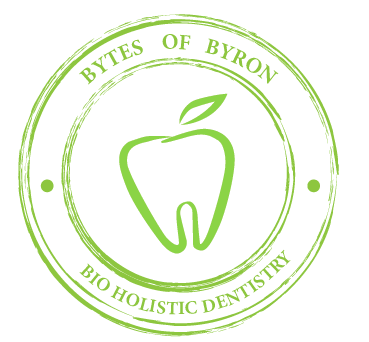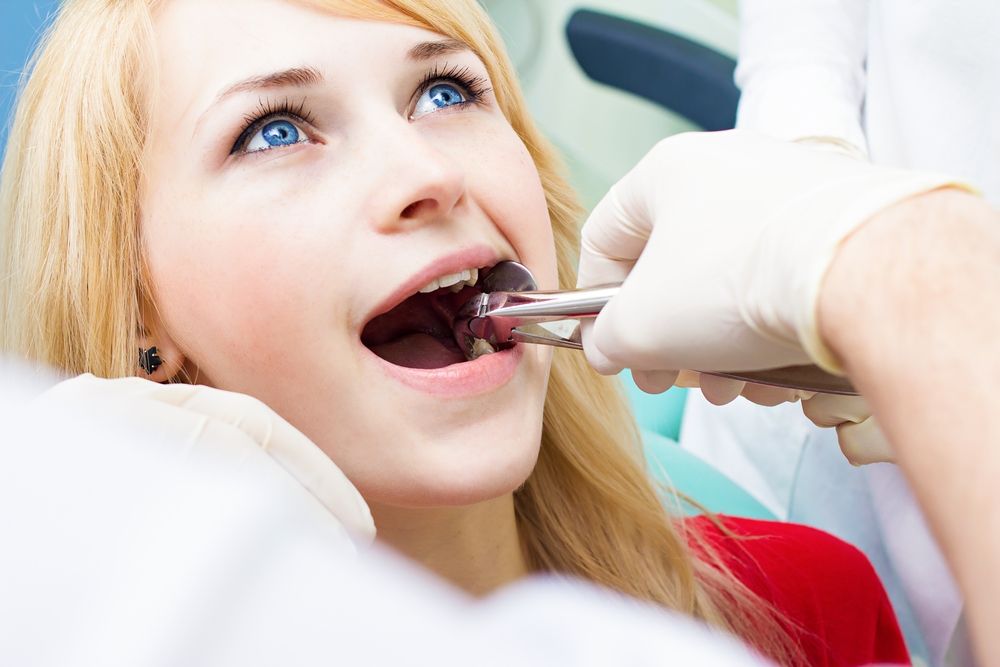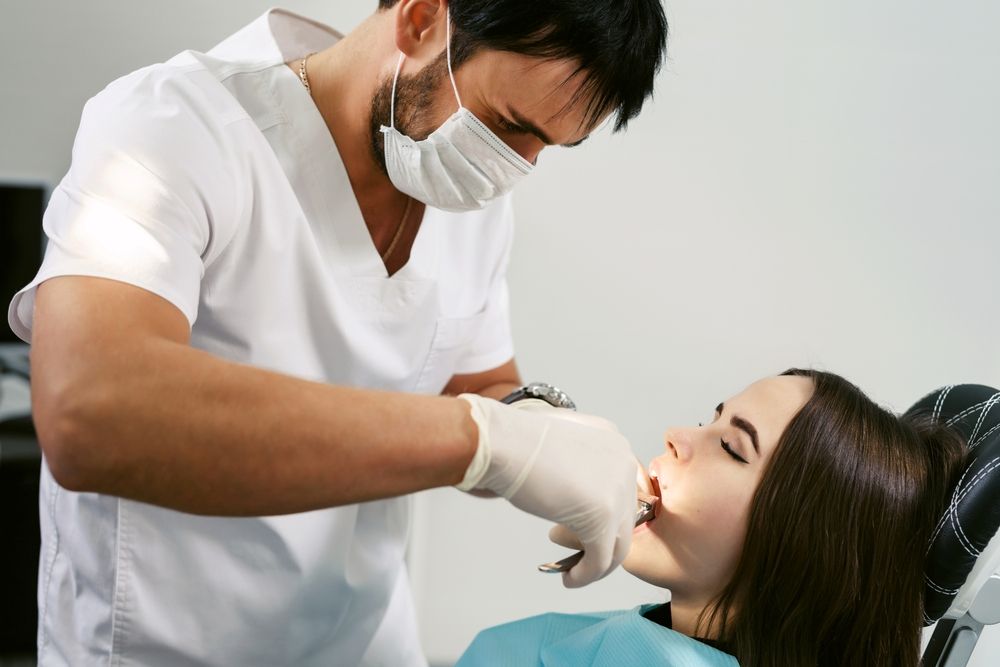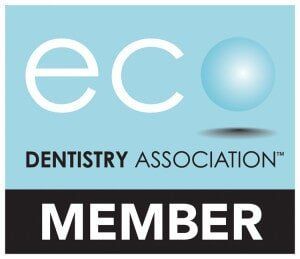Tooth Extraction in Byron Bay
- AHPRA-Registered Dental Professionals
- EC Dentistry Association Member
- Mercury-Free & Fluoride-Free Care
Request An Appointment
Thank you for contacting Bytes of Byron–Bio Holistic Dentistry .
We will get back to you as soon as possible.
Oops, there was an error sending your message.
Please try again later.
Byron Bay Tooth Extraction
A tooth extraction may be recommended when a tooth cannot be preserved due to severe decay, damage, infection, or impaction. At Bytes of Byron – Bio Holistic Dentistry, we perform extractions at our Byron Bay and Lennox Head clinics using clinically informed techniques designed to reduce disruption to surrounding tissues.
Each case is assessed individually, considering the broader health implications and long-term oral stability. When appropriate, the procedure may include additional support measures such as socket preservation or ozone therapy, depending on clinical requirements.
Extractions may involve visible teeth or those below the gum line, such as impacted wisdom teeth. In all cases, we begin with a thorough consultation and diagnostic imaging to evaluate the position of the tooth, bone density, and potential risks. The procedure itself is carried out using appropriate local anaesthesia and may be followed by post-operative care instructions and a structured follow-up. For patients exploring holistic or biologic care models, we prioritise biocompatible approaches where suitable.
Our team also offers advice on replacement options when required, including ceramic implants or bridges. Patients undergoing tooth extraction are supported through each stage of care, including preparation, recovery, and ongoing monitoring. To speak with our team or book an assessment, please contact us on (02) 6680 8066.
Complications & Recovery Considerations
Wisdom teeth are a common reason for surgical tooth extraction, especially when there is limited space, repeated infection, or risk to neighbouring teeth. If removal is advised, imaging such as an OPG (panoramic x-ray) is typically used to determine root position and proximity to nerves or sinus cavities. Extractions may be completed in a single appointment, but more complex cases might require additional post-operative care.
After tooth extraction, some swelling or discomfort is expected, and patients are provided with tailored aftercare instructions. These may include dietary recommendations, rest, and cleaning techniques to support healing and reduce the risk of complications such as dry socket. In holistic practice, adjunctive therapies or low-toxicity materials may be used during and after treatment to support the body's natural healing response.
Follow-up appointments are often recommended to assess healing and plan for any further treatment. If replacement is needed, options such as ceramic implants or removable appliances can be discussed in detail once healing is complete. For more information about extractions or to arrange an appointment, call (02) 6680 8066.
Frequently Asked Questions
When is a tooth extraction considered necessary?
Tooth extraction is typically considered when a tooth is too damaged to restore or when it poses a risk to surrounding teeth or overall oral health. Common reasons include severe decay, infection, advanced gum disease or impaction.
A dentist will explore all reasonable alternatives before recommending extraction. In a holistic practice, additional factors such as biocompatibility, inflammation, and systemic health may also be discussed. The decision is made based on clinical findings and individual health considerations.
What should you expect during a tooth extraction?
The area around the tooth is numbed using local anaesthetic so the procedure can be carried out with minimal discomfort. The dentist gently loosens the tooth before removing it, and may use stitches if needed. Instructions are provided to manage bleeding, swelling and pain afterwards.
In some holistic settings, techniques to support tissue healing or minimise systemic inflammation may be offered. Every extraction is different, and the process is explained clearly beforehand.
How can you support healing after an extraction?
Post-operative care usually includes rest, avoiding strenuous activity, and following instructions around diet and oral hygiene. It’s important not to disturb the blood clot that forms in the socket, as this aids healing and protects the site.
Some holistic approaches may also recommend gentle rinses or nutritional support to reduce inflammation. Smoking and alcohol should be avoided during recovery. Most people experience improvement within a few days, though full healing can take several weeks.










